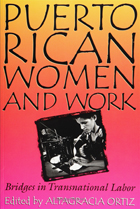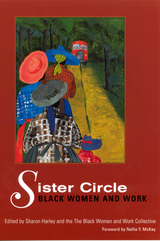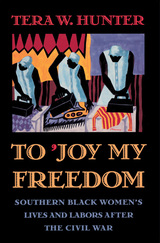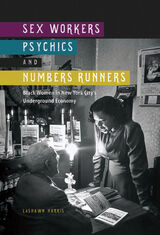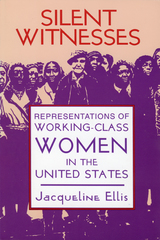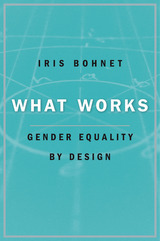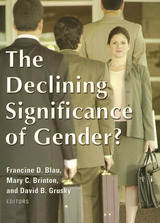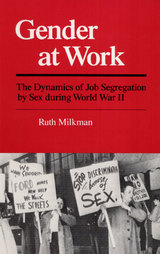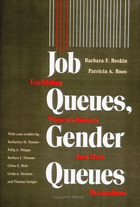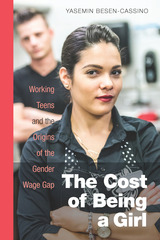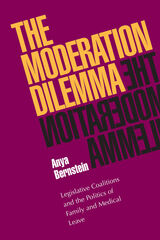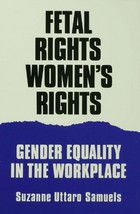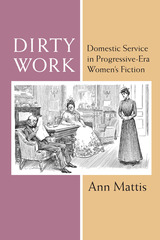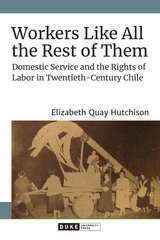Gender at Work: The Dynamics of Job Segregation by Sex during World War II
University of Illinois Press, 1987
Cloth: 978-0-252-01352-2 | Paper: 978-0-252-01357-7
Library of Congress Classification HD6060.65.U5M55 1987
Dewey Decimal Classification 331.40973
Cloth: 978-0-252-01352-2 | Paper: 978-0-252-01357-7
Library of Congress Classification HD6060.65.U5M55 1987
Dewey Decimal Classification 331.40973
ABOUT THIS BOOK | AUTHOR BIOGRAPHY | REVIEWS | TOC
ABOUT THIS BOOK
Winner of the Joan Kelly Memorial Prize in Women's History, the American Historical Association, 1987. Winner of the SOCIALIST REVIEW Book Award
Women's entry into so-called men's work during World War II sparked conflicts at the time and when men returned at war's end. Ruth Milkman delves into the issues in play and the prewar origins of traditional patterns of gender segregation in the workplace. Ranging from the dynamics on the shop floor to hiring patterns, Milkman pays particular attention to automobile and electrical manufacturing. She analyzes a number of persistent questions, including management's decision to re-embrace gender segregation after the war; women's lack of protest; the failure of unions to protect women; and how related employer strategies helped control labor by maintaining women's place as workers paid less than men.
Women's entry into so-called men's work during World War II sparked conflicts at the time and when men returned at war's end. Ruth Milkman delves into the issues in play and the prewar origins of traditional patterns of gender segregation in the workplace. Ranging from the dynamics on the shop floor to hiring patterns, Milkman pays particular attention to automobile and electrical manufacturing. She analyzes a number of persistent questions, including management's decision to re-embrace gender segregation after the war; women's lack of protest; the failure of unions to protect women; and how related employer strategies helped control labor by maintaining women's place as workers paid less than men.
See other books on: Dynamics | Milkman, Ruth | Sexual division of labor | Women labor union members | Working class women
See other titles from University of Illinois Press

